Look around you, look at the newspapers, look at the names in the streets… where are our names? where is our history?
Who is telling our stories? How are they being told?
“Voices of Women, Stories that Transform” is a collaborative project by La Sandía Digital, Luchadoras, Subversiones, WITNESS, and SocialTIC, the organization of which I participated as a facilitator in the project, gathered more than 20 women from Central Mexico in 2015 to strengthen their communication efforts. The goal of the initiative was to come together in the effort of documenting women's stories so that women are the ones telling them.
Whether it is demystifying menstruation among young women, informing about an infrastructure project that puts in risk sacred places in Puebla, documenting the story of a mother's collective or portraying the story of a sexual worker and her achievements, we, the women are at the frontline fighting. We are the ones working in our communities, using the media we have in our hands to make our voices heard.
Yenifar Gómez, one of the participants from the state of Mexico, shares with us what it means to her to be an activist:
I believe an activist is a human being that believes in social transformation, one that generates actions that benefit other people..I am an activist that promotes women's rights, acknowledgement and access, and their holistic growth. Also I believe in an animal’s right to a life free of mistreatment. As a species that destroys everything, I have the conviction that if everybody deconstructs ideas and thoughts that have caused so much harm, we can build thought and ideas that can improve us as a society. This is the only way to live in peace.
For Dirce Navarrete, another participant:
To be an activist is in the first place, to disagree with the world as we know it now. To be against the imposed order of things, that resulted from inequality and violence, and to know that together with other women we can build other ways to occupy this world. To keep on walking towards that utopia and enjoying the road along the way.
During the process of the Voices of Women project, we aimed to learn on multimedia production, digital security, the usage of digital platforms and narrative. For these tools to be useful and to really contribute to our activism, we tried to emphasize identifying the media that will better help us to deliver the message and to think about which media is the most effective to reach our audience? Is it the radio? How do we share the video with those that have no access to the Internet?
Itzel Farías learned how to use video to tell the story of her collective Porteando por la Paz and show that motherhood is also action.
Ana Cantarell produced a radio podcast where she used humor to tell stories about the first period of many women.
Mariana Gutierrez portrayed a sex worker to share the joy she felt when she finished her university studies.

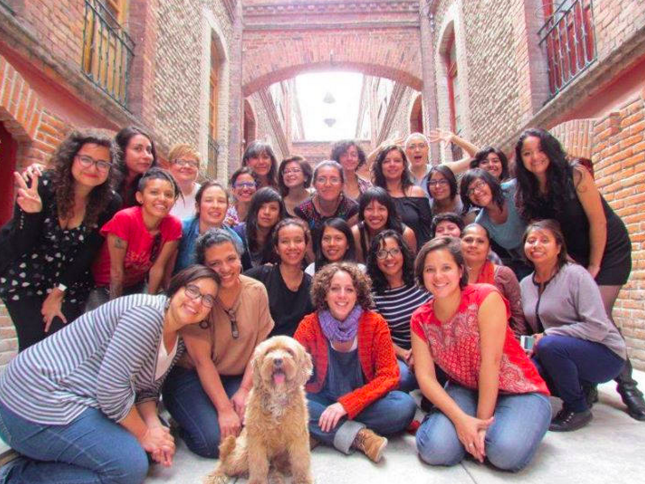
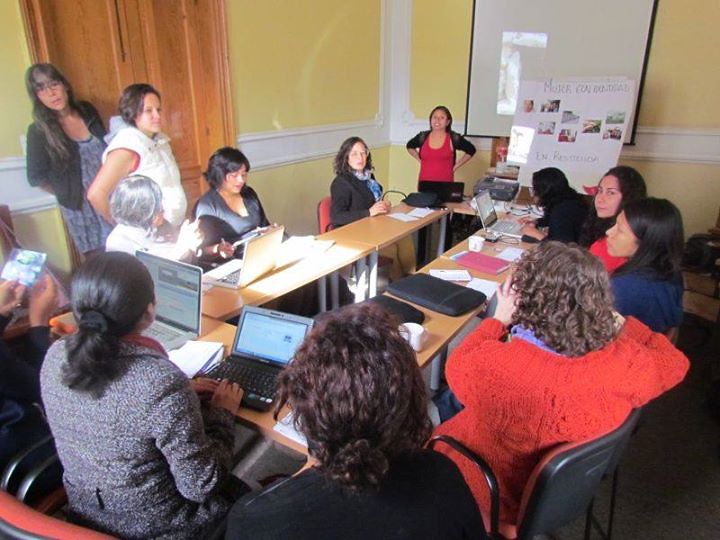
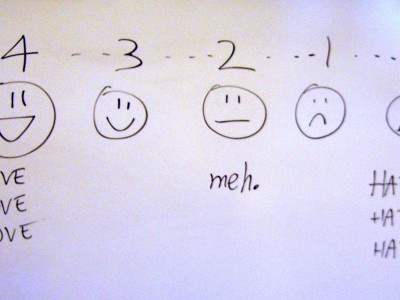
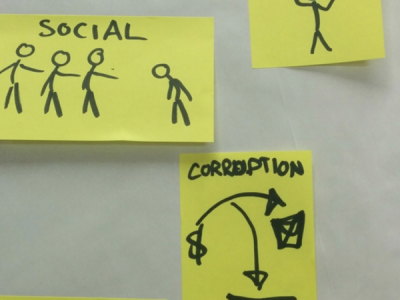
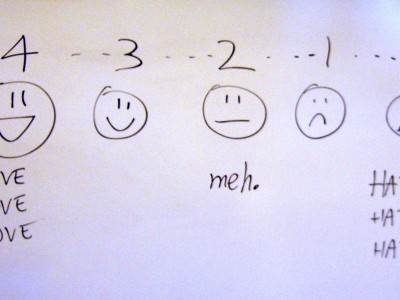






2 comments
As a facilitator, you had a firsthand perspective about the challenges of these participants. What do you think were some of the overarching challenges that these women faced when trying to share their digital stories about issues that they are particularly passionate about? And how did you address some of their concerns?
Some of the main challenges they faced where related to the tools to produce their stories, some of them didn’t had access to tools like cameras or recorders, so as facilitator in some cases we had to share equipment or to check what devices they could use and how to improve the quality of the audio or footage. Also learning processes like editing video was a challenge for some of the participants, but their passion for their causes helped them continue with the process of documenting other women’s stories and voices.